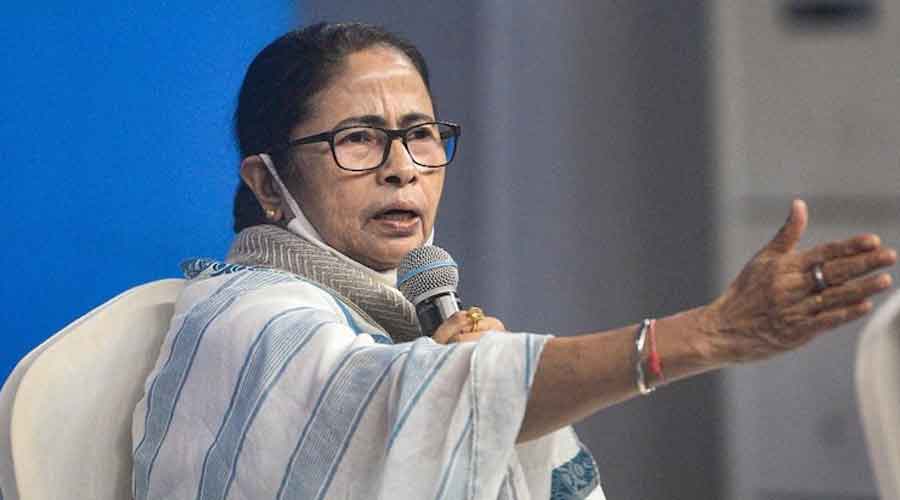The United Progressive Alliance is dead — or so says Mamata Banerjee. Long live the UPA — counters the Shiv Sena. These conflicting views may confound pundits and laymen alike: after all the Congress and the Shiv Sena have been ideological adversaries while the Trinamul Congress and the Congress have fought polls in an alliance in Bengal. But the confusion will not take away from the significance of these developments. The TMC, buoyed by its routing of the Bharatiya Janata Party in Bengal, has been pursuing an aggressive agenda to dislodge the Congress as the principal Opposition force and, eventually, form yet another third front sans the Grand Old Party, apparently to take on the BJP. It has also engineered defections within the Congress in some states, leading to murmurs that it is strengthening the BJP by weakening the Congress. But the Shiv Sena’s reaction shows that Ms Banerjee may have to work harder to wean away allies from the Congress. Political compulsions — the Shiv Sena and the Congress are partners in Maharashtra — offer a partial explanation for the Shiv Sena’s overture. Electoral math, evidently, holds the key. Unlike the regional outfits, even a depleted and rudderless Congress is the only party organizationally capable of battling the BJP in a significant number of seats in the Lok Sabha polls. It would make political sense for the anti-BJP forces not to fragment this pool of electoral support. The Congress’s — much diminished — magnetism can also be viewed through the ideological prism. Apart from being a party, the Congress is also a symbol of a representative India: political parties that believe in this inclusive vision must line up, equitably, along with it.
Power, it is often argued, corrupts. But a stint in power can also reform the rough edges of parties. The Shiv Sena is a case in point. Under Uddhav Thackeray, the Sena could try and transform itself into a centrist outfit by shunning its ethnic and religious aggression. It must be remembered that Prabodhankar Thackeray was a fiery reformer who disseminated an accommodative philosophy. Indeed, a sparring Opposition should seek inspiration not only from the past but also the present and look at the example set by Maharashtra’s Maha Vikas Aghadi government to find a way to resolve differences. Ideological contestations and ambition must be tempered in the face of a greater threat: the dissolution of Indian democracy itself.











